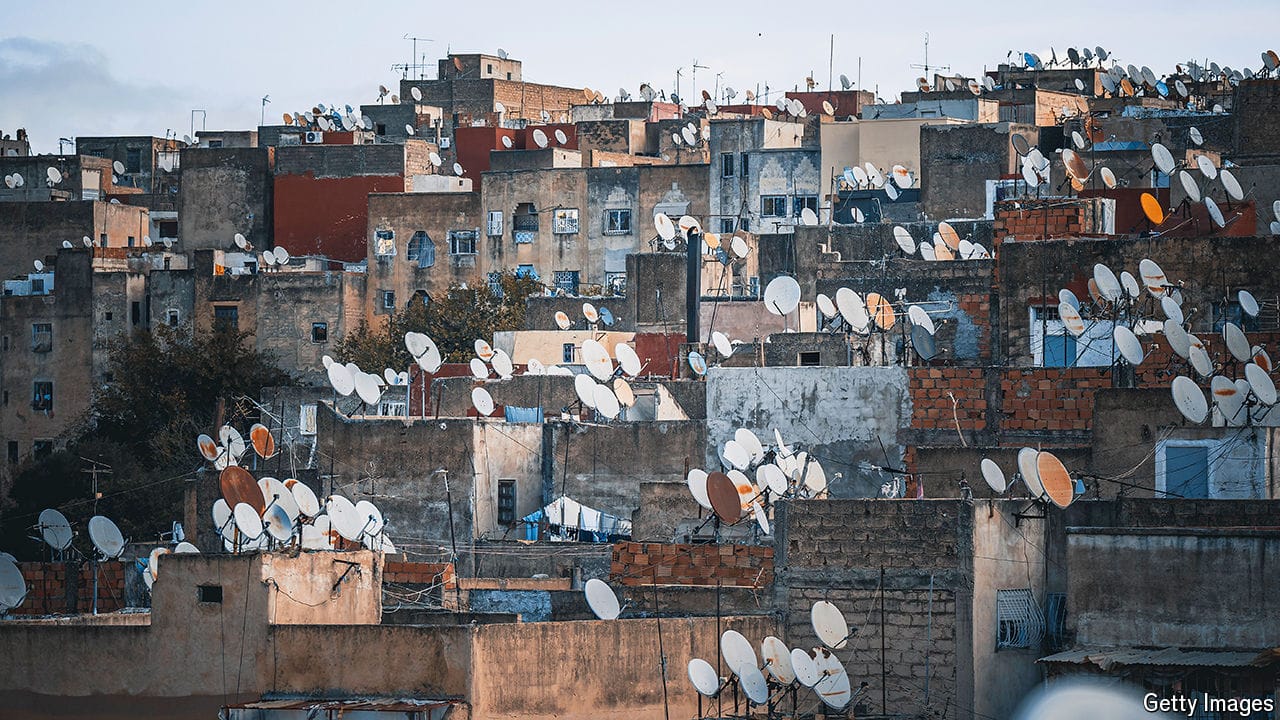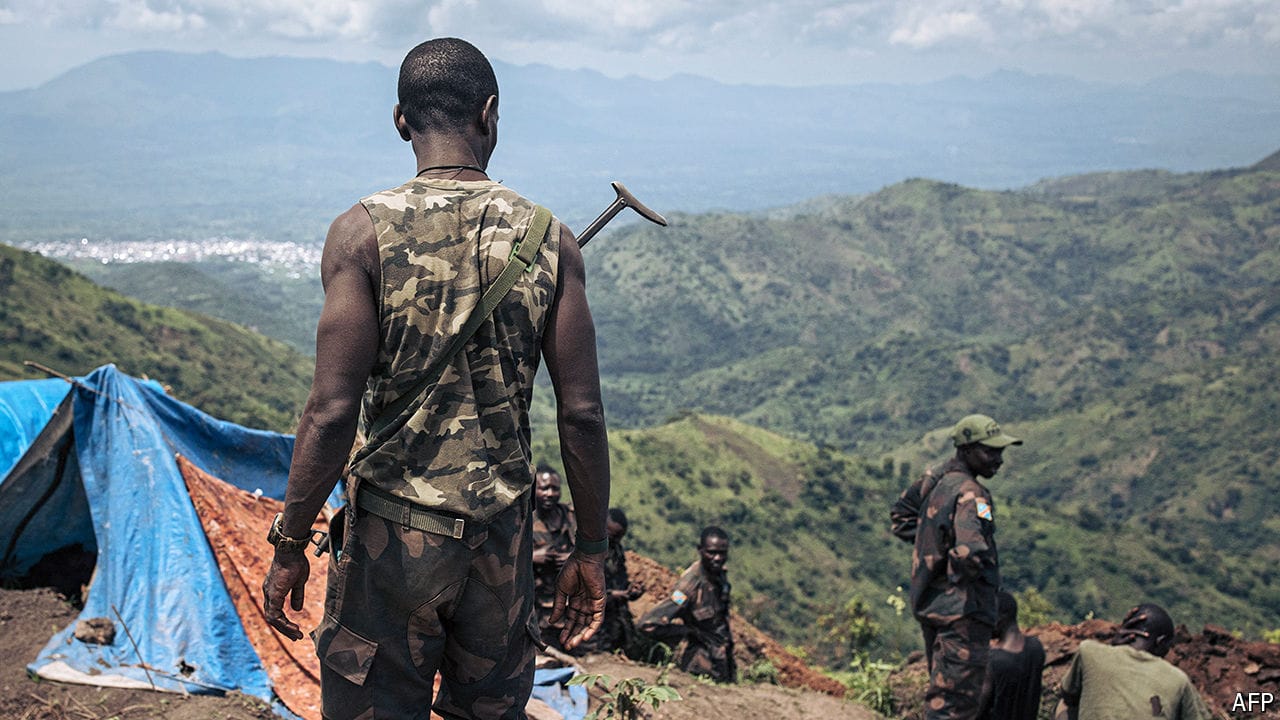The Arab spring at ten
A decade ago Arabs rose up. Why haven’t things improved?

IT IS AN anniversary no one is eager to mark. The numbers boggle the mind: half a million people dead; another 16m displaced from states no longer recognisable. There are the individual stories too, of dreams dashed and hopes shattered. One former activist, who long since gave up on the politics of his native Egypt, scrolls through the contacts on his phone, stopping now and then to list his friends’ fates: exiled, disappeared, dead.
Ten years have passed since Muhammad Bouazizi, a Tunisian street peddler, set himself ablaze to protest against the corrupt police who confiscated his wares. His self-immolation, on December 17th, is widely seen as the spark that ignited the Arab spring, a wave of revolutionary protest that swept across the region. Those early days were a time of unbridled optimism. Dictators who had looked invulnerable fell, one after the other—in Tunisia, Egypt and, later, Libya and Yemen.
This article appeared in the Middle East & Africa section of the print edition under the headline “No cause for celebration”
More from Middle East and Africa

Israeli retaliation in Lebanon seems inevitable
But it still wants to avoid all-out war against Hizbullah

Why the AI revolution is leaving Africa behind
Large infrastructure gaps are creating a new digital divide

Rwandan soldiers may outnumber M23 rebels in Congo
The prospect of dislodging the rebels is becoming dimmer
Bibi Netanyahu offered spectacle over substance in America
His fourth address to Congress was historic, but held few answers for Israelis
Israel and the Houthis trade bombs and bluster
For now, though, neither side is a strategic threat to the other
The world court says Israel’s occupation is illegal
But will the International Court of Justice’s ruling have any effect?
